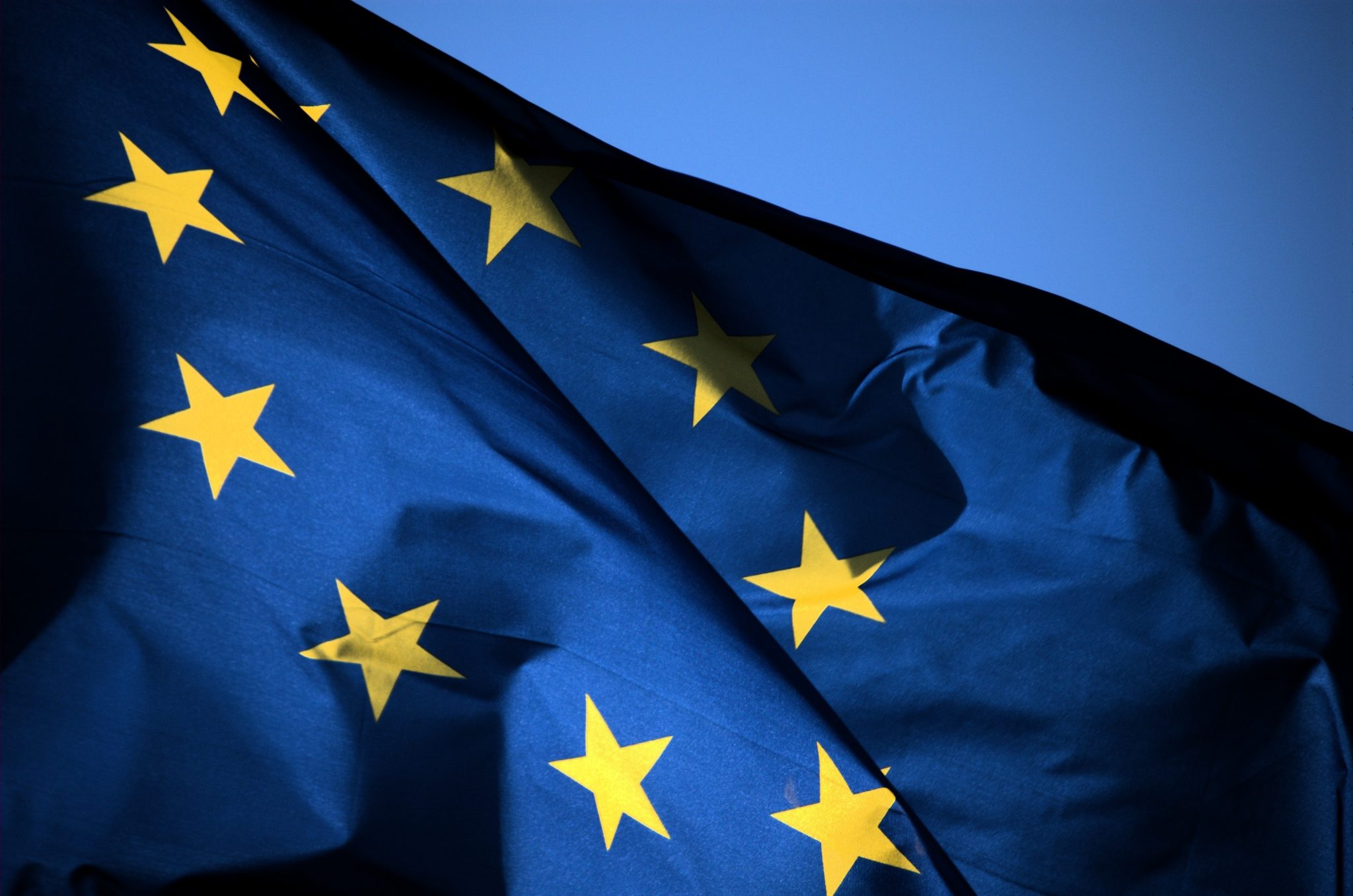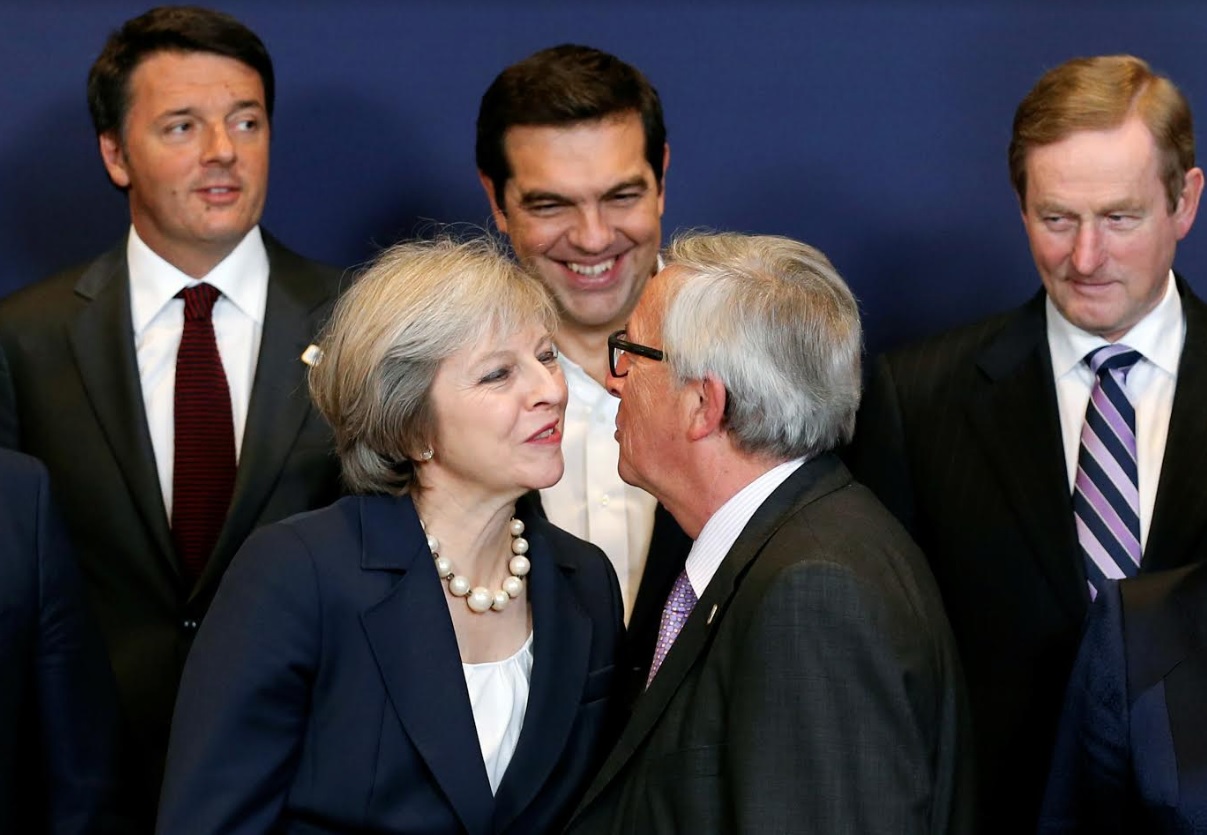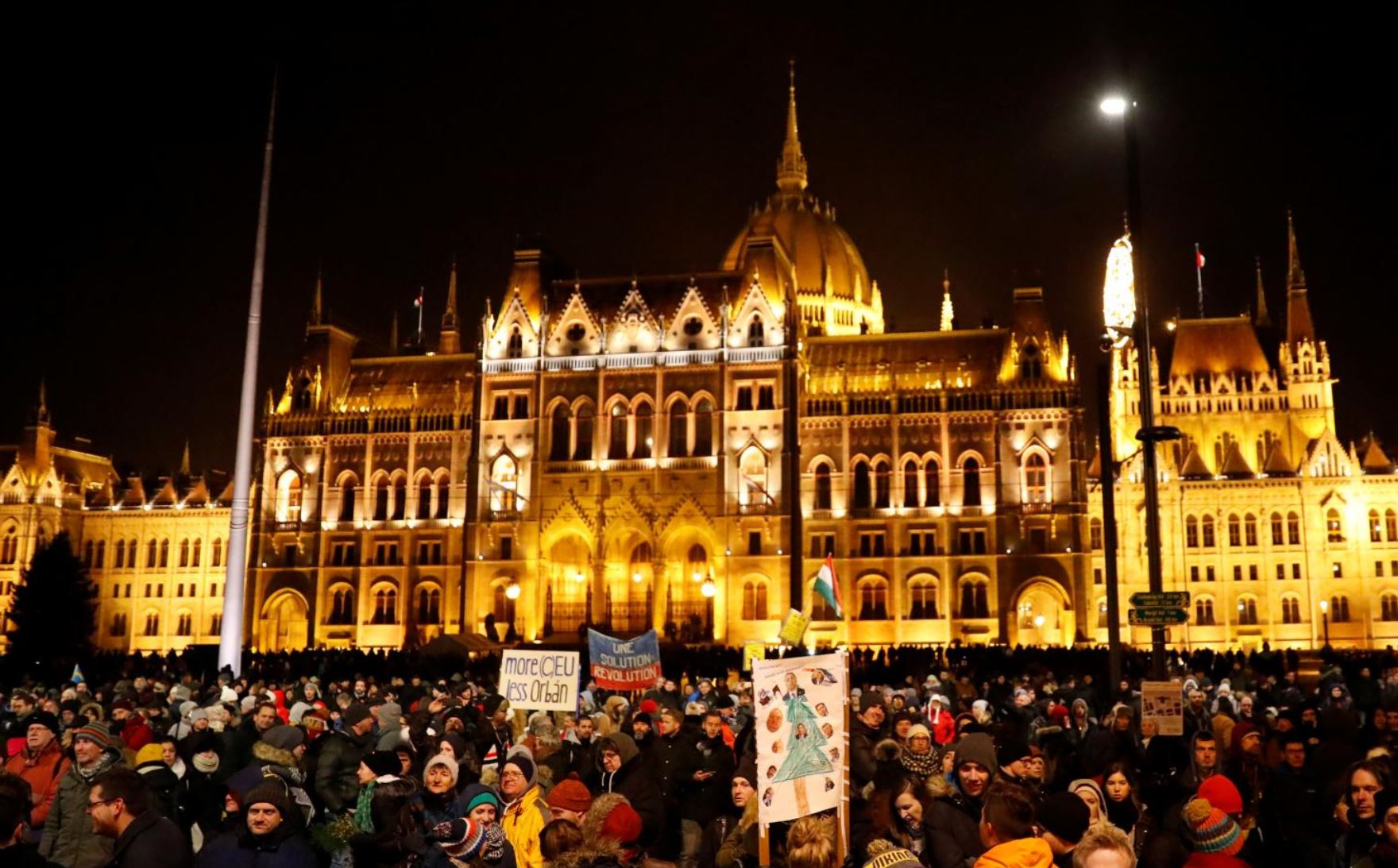
[authorbox authorid=”40″ title=”The Author”]
In the morning of May 9th, 1950, the then Foreign Minister of France, Robert Schuman, called a press conference to be held at 4 P.M. in the Quai d’Orsay – the seat of the French Ministry for Foreign Affairs. The previous days, Schuman met several times one of the most important figures in EU history: Jean Monnet. The reasons of these frequent meetings were known just by the High Officials of the French government.
The French public opinion, as well as the other European governments, were completely kept in the dark. Even Konrad Adenauer, the Chancellor of Germany and the person concerned by the speech Schuman was about to deliver, did not know what it was about. The only feature of it was that it would have been of paramount importance for the destiny of Europe.
Jean Monnet was the mind behind the speech. Previously, on August 5th, 1943, while being a member of the French Committee of National Liberation in Algiers, he stated the following: “There will be no peace in Europe if the States are reconstituted on the basis of national sovereignty, with all that that entails in terms of prestige politics and economic protectionism. If the nations of Europe once again adopt defensive positions, huge armies will once again be necessary. […] The weight of military spending will prevent or delay social reform. Fear will once more be the dominant factor in European reconstruction.
The countries of Europe are too small to guarantee their peoples the prosperity that modern conditions make possible and consequently necessary. They need larger markets. It is also important that they do not devote a substantial share of their resources to maintaining supposedly ‘key’ industries to meet the requirements of national defence, industries which are rendered obligatory by the form that States take, with their ‘national sovereignty’ and protectionist reflexes, such as we saw before 1939.
Prosperity for the States of Europe and the social developments that must go with it will only be possible if they form a federation or a ‘European entity’ that makes them into a common economic unit.”
[button color=”red” size=”big” alignment=”none” rel=”follow” openin=”samewindow” url=”https://www.vocaleurope.eu/?s=European+Union”]Curious for More?[/button]
The influence of Monnet’s thought profoundly resonates in Schuman’s words. On that day, Schuman delivered a landmark speech which is commonly described as the cornerstone and the starting point of European Integration. After 6 years of World War Two, the whole European continent was ravaged by thorny war and endless conflicts, which eventually sanctioned the definitive dawn of Europe on the international stage as the most important continent on planet Earth.
“Europe will not be made all at once, or according to a single plan. It will be built through concrete achievements which first create a de facto solidarity. The coming together of the nations of Europe requires the elimination of the age-old opposition of France and Germany. Any action taken must in the first place concern these two countries.”
This is the most important part of that Declaration: the age-old rivalry between Germany and France was the key factor that destabilised the entire continent. In the Franco-Prussian War, as well as in the First World War, it was all about the mines of coal in Alsace-Lorraine.
The Second World War, instead, was about the horrendous project of a Nazi and Fascist Europe that Adolf Hitler wanted to put in place, with all the atrocities that came with it: the Holocaust, the concentration camps, a totalitarian regime with no democracy or personal liberties and freedoms. Anyhow, the intention of Schuman, Adenauer and the other Founding Fathers was just one: stop the hemorrhage of relevancy that Europe was suffering. This hemorrhage, however, dates back to a long time before 1950.
The decline started well before 1939: with the beginning of the tensions that sparked between the Congress of Vienna, and thus the end of the Napoleonic Era, and the assassination of the Archduke Franz Ferdinand of Austria in Sarajevo, which then culminated in the First World War, European Powers commenced their inevitable journey toward global political marginalisation.
Robert Schuman and his counterpart Konrad Adenauer, Chancellor of the then German Federal Republic, understood that the only way to stop the decline and finally give an unprecedented period of peace to Europe was to start cooperating. The focal point of French-German tension was the coal to power industries and steel to produce guns, tanks and military equipment. Thus, the idea that revolutionised the whole history of the European Continent was to put together the production of these two materials, and let an impartial authority oversee the entire process.
Today is, therefore, an important day: it marks the 68th anniversary of that Declaration.
The steps that followed that speech are pretty much clear to anyone who is interested in European Integration: the treaties of Paris, Rome, the European Single Act, Amsterdam, Nice, Maastricht, the failure of the European Constitution up to the current treaty of Lisbon.
In times when the European Union faces challenges to its very core and existence by populist and Eurosceptic national parties, the 9th of May is now important more than ever. The scope of this very day is to let people know what the European Union has done for them: more than 70 years of peace in the continent – the longest period ever in its rich and long history -, freedom to move, travel and work in any Member State, funds for development in a great vasitity of Member States, data protection that can avoid scandals such as Cambridge Analytica, broaden commercial and financial investments, economic prosperity, and so on.
This is why May 9th is such an important date to remember: it is about cherishing what we have achieved, and to remind ourselves that, without those very things, we have no tools to drive globalisation, but just to suffer it.



